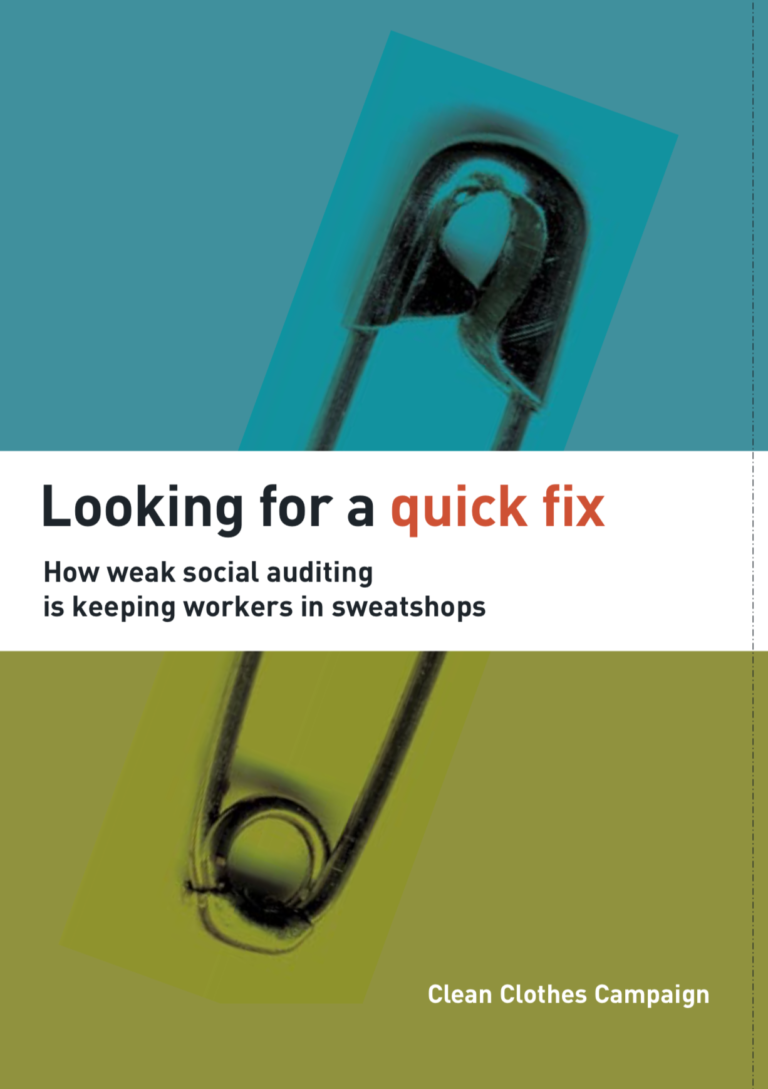Briefing: Measuring Deterrence for Commercial Sexual Exploitation of Children in Maharashtra
PublicationsIndia remains a major hotspot for commercial sexual exploitation of children (CSEC), a crime that is becoming increasingly hidden. Prevalence data is challenging to obtain and estimates are speculative; several entities have sized the population of ...Read More

